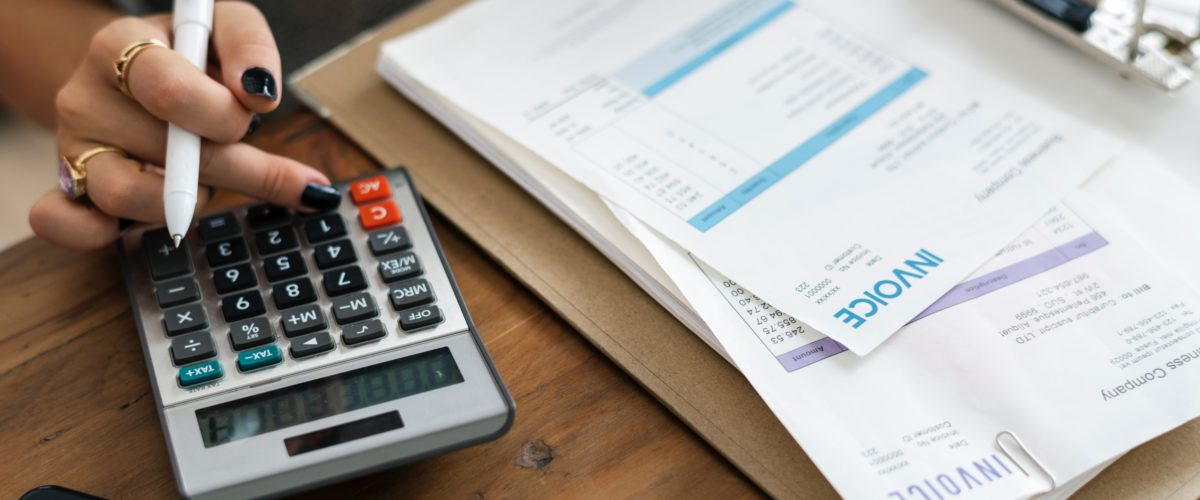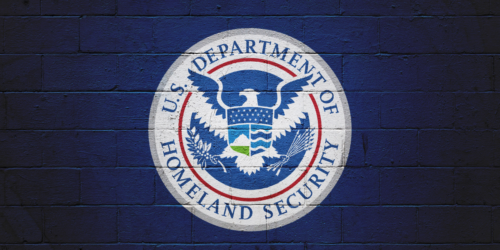When you are facing times of financial difficulty, it may be best to consider bankruptcy. Bankruptcy should not be seen as something to totally avoid. It can be helpful for individuals facing hard times financially. When individuals are considering bankruptcy, there are two options they should explore. Chapter 7 and Chapter 13 are bankruptcy processes that can be useful for individuals. These options can give people the opportunity to improve their financial situation. and prepare a financial plan to help their current situation.

How does Chapter 7 bankruptcy work?
Before filing for Chapter 7 bankruptcy, individuals have to go through credit counseling and attend a debtor education course. After they fulfill these requirements, they must pass a means test, which compares their income to the median income in the United States. In order to be eligible to claim bankruptcy, their income has to be below the median income. Once you have met the eligibility requirements, a petition for bankruptcy must be filled out. In this petition, you will be required to list certain aspects. You have to claim a list of all your debts, an account of your income, monthly living expenses and a list of assets. When the paperwork is completed, an automatic stay goes into effect immediately.
How does Chapter 13 bankruptcy proceed?
The process of Chapter 13 bankruptcy is very similar to the process of Chapter 7 bankruptcy. Both processes can be used to file for individual bankruptcy instead of business bankruptcy. Eligibility requirements need to be met first. These requirements include credit counseling 180 days before filing for bankruptcy. If you previously filed a petition that was dismissed within that 180 days, you are unable to file again.
When you file for bankruptcy, you will have to provide documents that outline a list of liabilities, assets and property, a statement of financial affairs, a list of executory contracts and unexpired leases, proof of credit counseling and any plan developed to handle the matter, income payments within 60 days prior to filing, monthly net income and any indication in a rise of income or expenditures and interests the debtor has in state or federally-qualified education or tuition accounts. As with Chapter 7 bankruptcy, an automatic stay goes into effect for Chapter 13 bankruptcy as well. Once the paperwork is completed and filed, the automatic stay will go into effect immediately.
Detzky, Hunter & DeFillippo, LLC is an experienced law firm that has proudly served clients across New Jersey for decades from their convenient locations in Freehold and Somerville. If you need strong legal guidance, contact us today to schedule a consultation. We are lawyers who listen, counselors who care.



